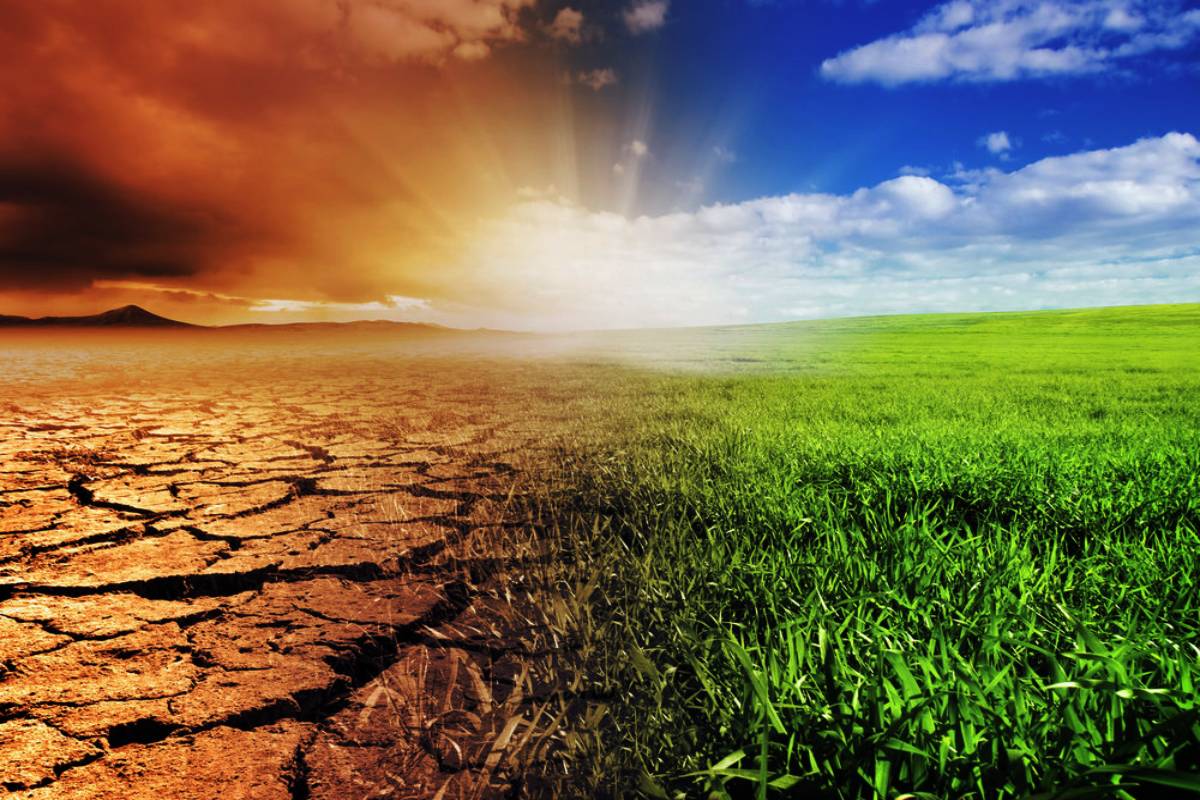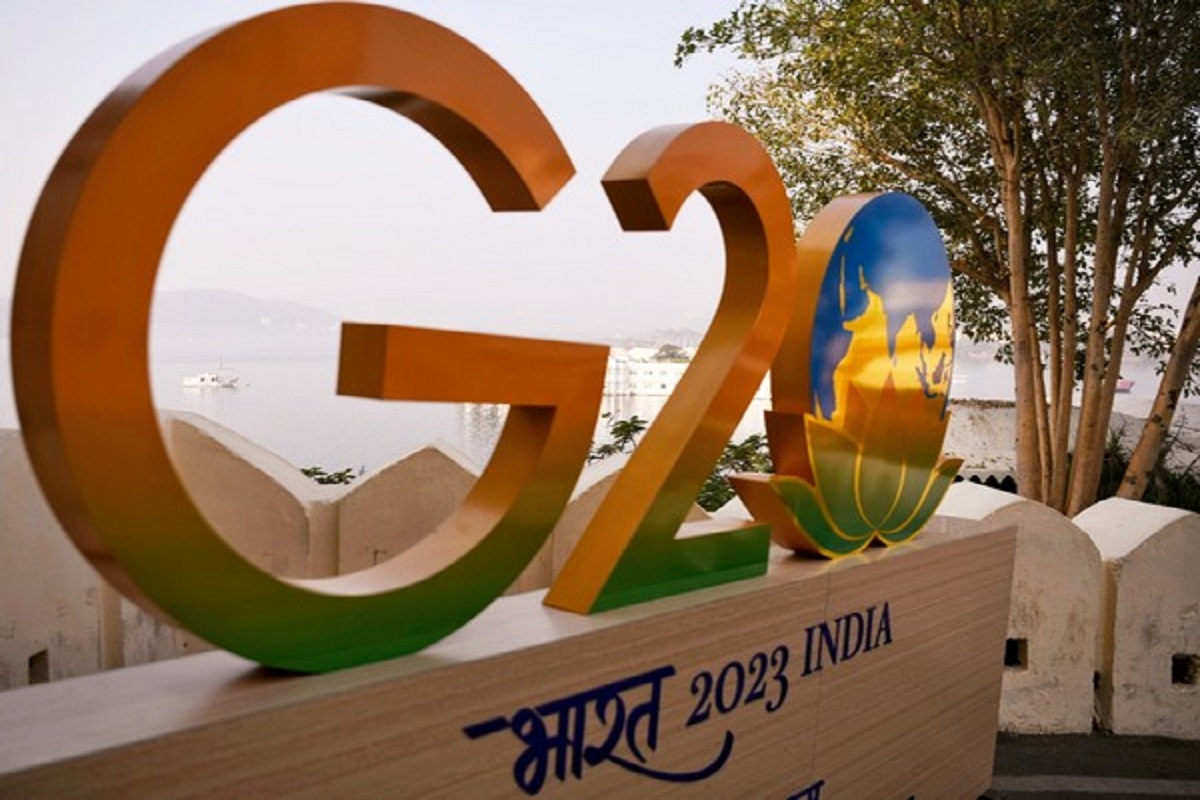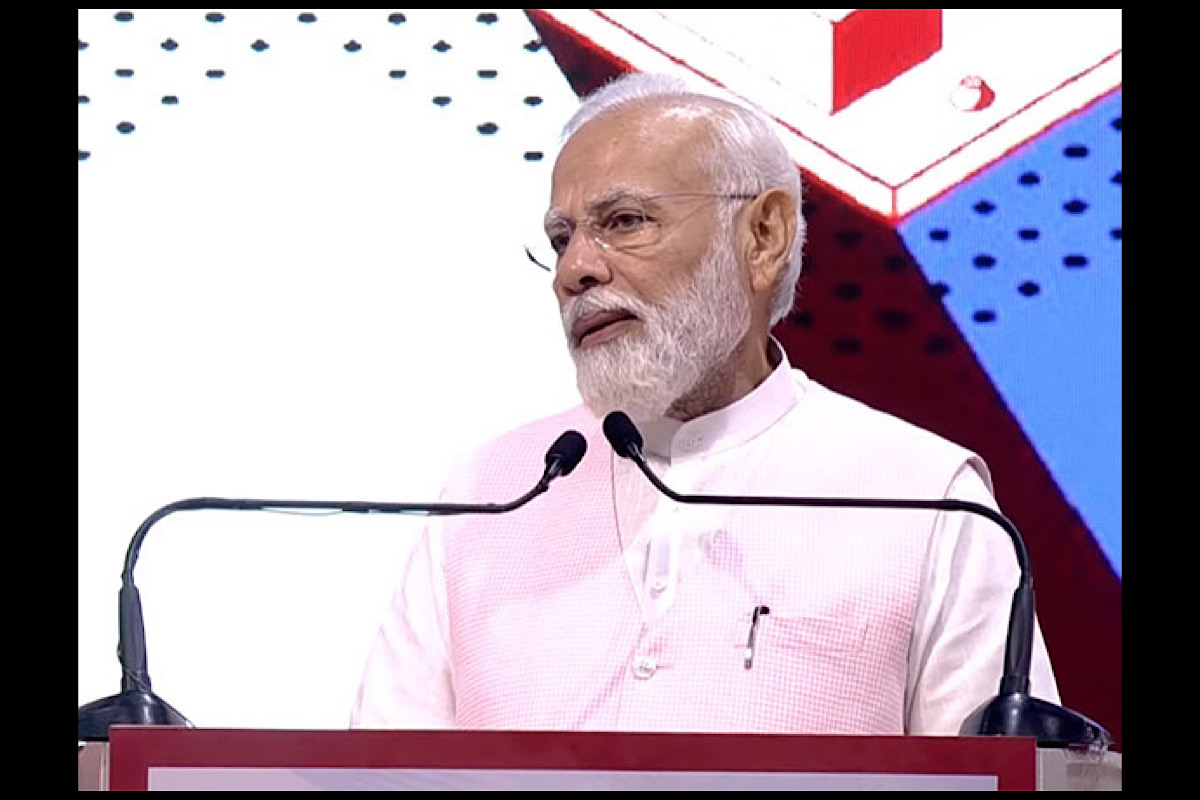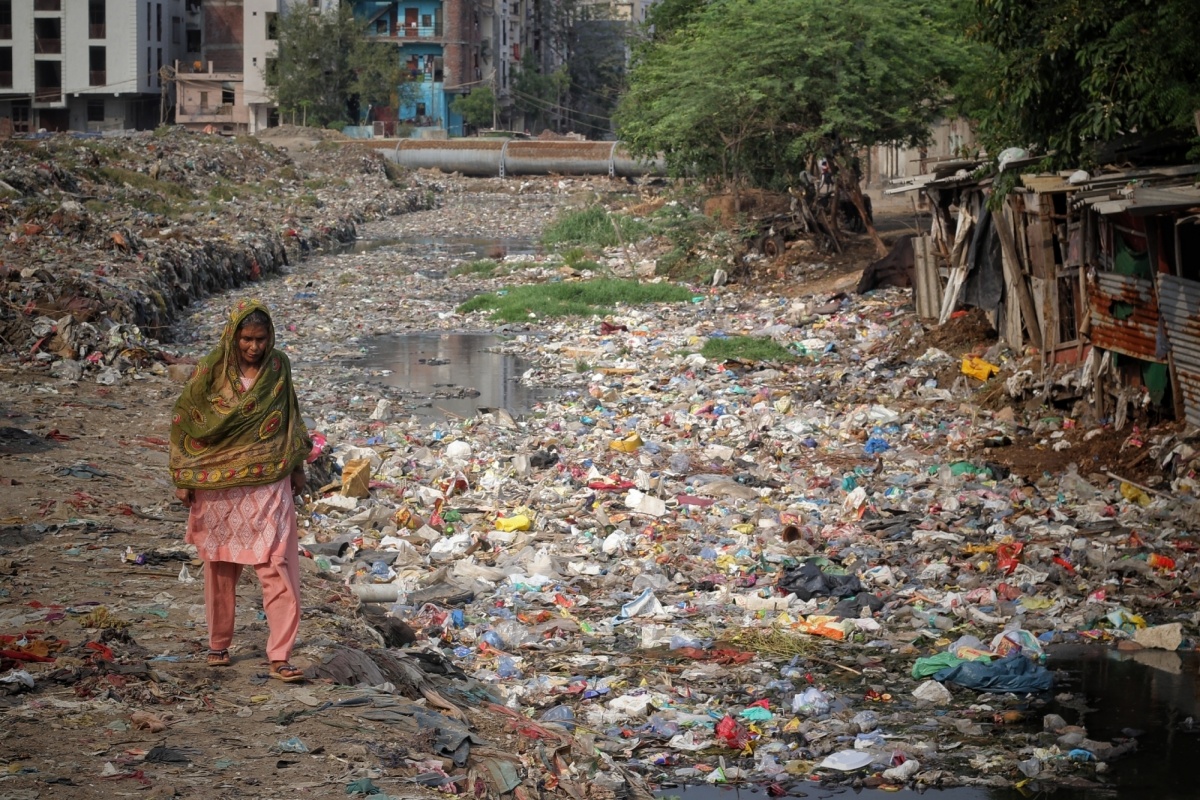Preserving Glaciers
Since 1993, the United Nations has observe World Water Day (WWD) on 22 March annually for raising awareness of 2.2 billion people living without access to safe water, and taking action to tackle global water crises, having a core focus to support achievement of SDG 6, the goal on water and sanitation for all by 2030.












